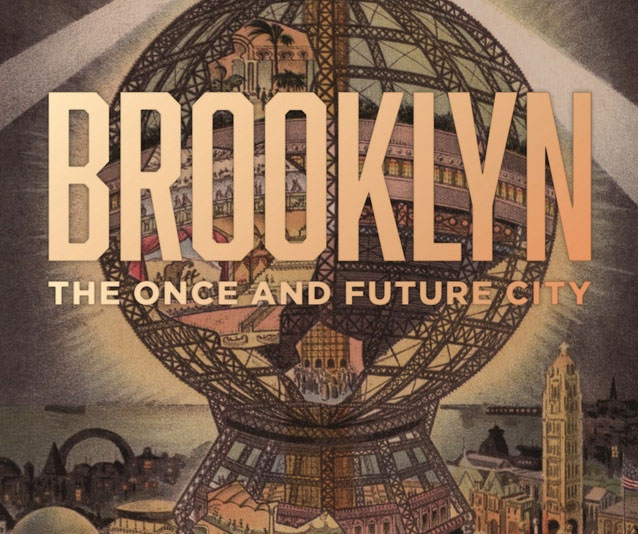
Renowned filmmaker Ken Burns has noted recently, while doing the interview circuit to promote his new documentary on Jackie Robinson, “When Jackie broke the color barrier in baseball, Martin Luther King was still a junior in college and Rosa Parks was 10 years away from taking a seat in the front of the bus … in fact, a few years before making his mark in baseball, Jackie himself had gotten arrested for refusing to move to the back of the bus. People forget that he was fighting for civil rights long before there was a Civil Rights Movement.”

Coinciding with the 70th anniversary of Jackie Robinson’s debut with the Montreal Royals, the Brooklyn Dodgers’ International League farm team, on April 18, 1946, author Danny Peary brings the baseball pioneer’s story to life with “Jackie Robinson in Quotes: The Remarkable Life of Baseball’s Most Significant Player” (Page Street Publishing Co.; April 19, 2016).
Peary tells the story of the man who broke Major League Baseball’s color barrier through quotes from and about him. The book features more than 400 pages of quotes by Jackie Robinson himself, his widow Rachel Robinson and family members, friends, teammates and coaches, as well as leaders of the Civil Rights Movement, including Dr. Martin Luther King Jr.
“Jackie Robinson was telling people, ‘Black Lives Matter,’ more than a half century ago. There has never been a book like this honoring one of America’s most historic icons,” explained Peary, an acclaimed baseball historian, who spent years working on the book. “Everyone had opinions about him; Robinson was a polarizing figure and had an unparalleled impact on social history before, during and after his baseball playing career.”
For baseball fans, “Jackie Robinson in Quotes” offers an inclusive history based on real experiences, conversations and the opinions of the man who changed all of sports. The book highlights Robinson’s life in 13 chapters, starting with his formative years while spanning through his playing career and concluding with his long lasting impact on society.
“As someone who knew Jackie and practically grew up in the Dodgers’ clubhouse at Ebbets Field, I’m genuinely impressed with the masterful way Danny Peary has selected and assembled thousands of quotes by and about him,” said Roy Campanella II, son of the three-time National League MVP for the Brooklyn Dodgers. “The book captures both the fascinating historical landscape of a baseball pioneer and the emotional depth of his journey toward social justice.”
One of the book’s most notable quotes came from former MLB Commissioner Bud Selig during the ceremony forever retiring Robinson’s uniform, No. 42, at Shea Stadium on April 15, 1997: “No single person is bigger than the game. No single person other than Jackie Robinson. No. 42 belongs to Jackie Robinson for the ages.”
“As his own quotes make clear, he never stopped speaking, never stopped agitating, never stopped striving for equality and social justice for all Americans,” Peary writes. “As a result, no player since World War II was more discussed, praised and attacked both verbally and in print.”
The book includes quotes from Hank Aaron, Kareem Abdul-Jabbar, Ralph Abernathy, Muhammad Ali, Yogi Berra, Ralph Branca, Roy Campanella, Carl Erskine, Bob Gibson, Hank Greenberg, Derek Jeter, Dr. Martin Luther King Jr., Willie Mays, Don Newcombe, Pee Wee Reese, Walter O’Malley, Branch Rickey, Paul Robeson, Jackie Robinson, Rachel Robinson, Vin Scully, Duke Snider, Ted Williams and Don Zimmer.
The author believes that Robinson was perhaps more influential during the 15 years after his retirement from baseball in 1956. Robinson befriended Martin Luther King and Malcolm X and became an important figure during the Civil Rights Movement.
“He continued to speak and write about all the changes he felt were necessary in a divided America. Many believe that Robinson’s death at age 53 was due, in part, to the stress he endured in becoming the man who broke Major League Baseball’s color barrier,” Peary explained. “It becomes clear in these pages that perhaps what wore him down the most was what he willingly went through as a political activist in the years after his playing career. He refused to be relegated to the sidelines, and in his quest to end discrimination wherever it existed, he never let up as long as he felt he could make a difference.”
An acclaimed baseball historian, Danny Peary is the author/editor of such books as “Baseball Immortal Derek Jeter: A Career in Quotes” (2015), “We Played the Game: 65 Players Remember Baseball’s Greatest Era, 1947-1964” (1994) and “Cult Baseball Players: The Greats, the Flakes, the Weird and the Wonderful” (1990). Peary also collaborated on the biographies “Baseball Forever: Reflections on Sixty Years in the Game” (2004) with Ralph Kiner, “Roger Maris: Baseball’s Reluctant Hero” (2010) and “Gil Hodges: The Brooklyn Bums, the Miracle Mets and the Extraordinary Life of a Baseball Legend” (2012) with Tom Clavin. He also has collaborated on three books with Hall of Fame broadcaster Tim McCarver, and is an influential film reviewer. He splits his time between New York City and Sag Harbor, N.Y.



